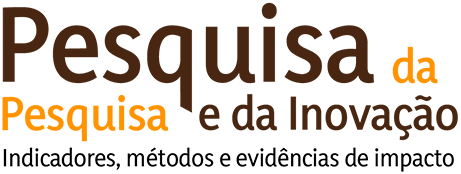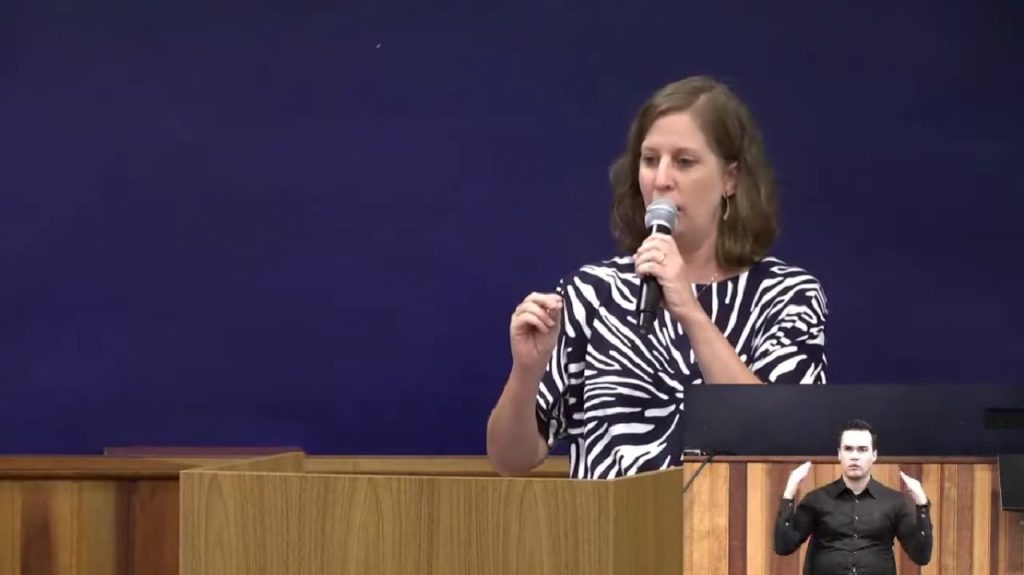Professor and researcher Adriana Bin, coordinator of Front 2 of the Research on Research and Innovation project, was one of the speakers at the event “Research Management: a strategic vision,” promoted by the Vice-Rectory of Research (PRP) of the University of Campinas (Unicamp), in partnership with Elsevier and Unicamp’s Grant Office. The activity is part of the “PRP Lecture Series” and took place on June 10, at the Unicamp Convention Center.
Entitled “Meta-research: an urgent discussion,” the lecture addressed the relationship between research management, practices, and policies. “The topic of meta-research has different names. We can call it the science of science, research of research, meta-science… in general terms, we are talking about a field that investigates how research is funded, conducted, disseminated, utilized, and evaluated,” explains Adriana Bin.
The researcher emphasizes that, more than observing and seeking to understand research dynamics, this field of study aims to improve the quality, trust, credibility, efficiency, and impact generation of science.
Historical Context of the Science of Science
In her lecture, Adriana Bin provided a historical overview of the early studies on the “science of science,” highlighting pioneering research from Poland in the 20th century, with the creation of journals addressing the organization and development of Polish science. “This contribution did not go unnoticed. Organon [a Polish journal addressing the science of science] was created in 1935 in Poland, but in 1936 it was cited in Nature,” Bin notes.
Since the 1970s, various centers, units, research groups, and departments related to the research of research have been established. “Unicamp is no exception. It created the Center for Scientific and Technological Research, which later became the Department of Scientific and Technological Policy, linked to the Geosciences Institute,” she says.
The New Research of Research
Since 2010, meta-research has undergone significant changes, with the expansion of the movement discussing the responsibility of research and innovation, involving ethics and governance. “Who determines what will be researched, and for whom?” the researcher asks.
Other topics, such as biases, equity, diversity and inclusion in the perspective of research, open science, mission-oriented research, and impacts beyond the reproducibility crisis have joined this debate.
“In this context, a new science of science emerges, which differs from the previous movement by calling for the use of the scientific method to study science in a highly integrated manner with the use of data,” states Adriana Bin.
The use of data science, especially large databases and the involvement of new actors in this debate, such as policymakers and research funders, also marks the new era of the science of science.
Research of Research At Unicamp, the Research of Research project, funded by the São Paulo Research Foundation (Fapesp), is an example of this. Using data science, the project investigates various aspects involving the organization and dynamics of Brazilian research across its four fronts and how it can be improved.
The full lecture by researcher Adriana Bin is available in portuguese on YouTube and can be accessed by clicking here.


